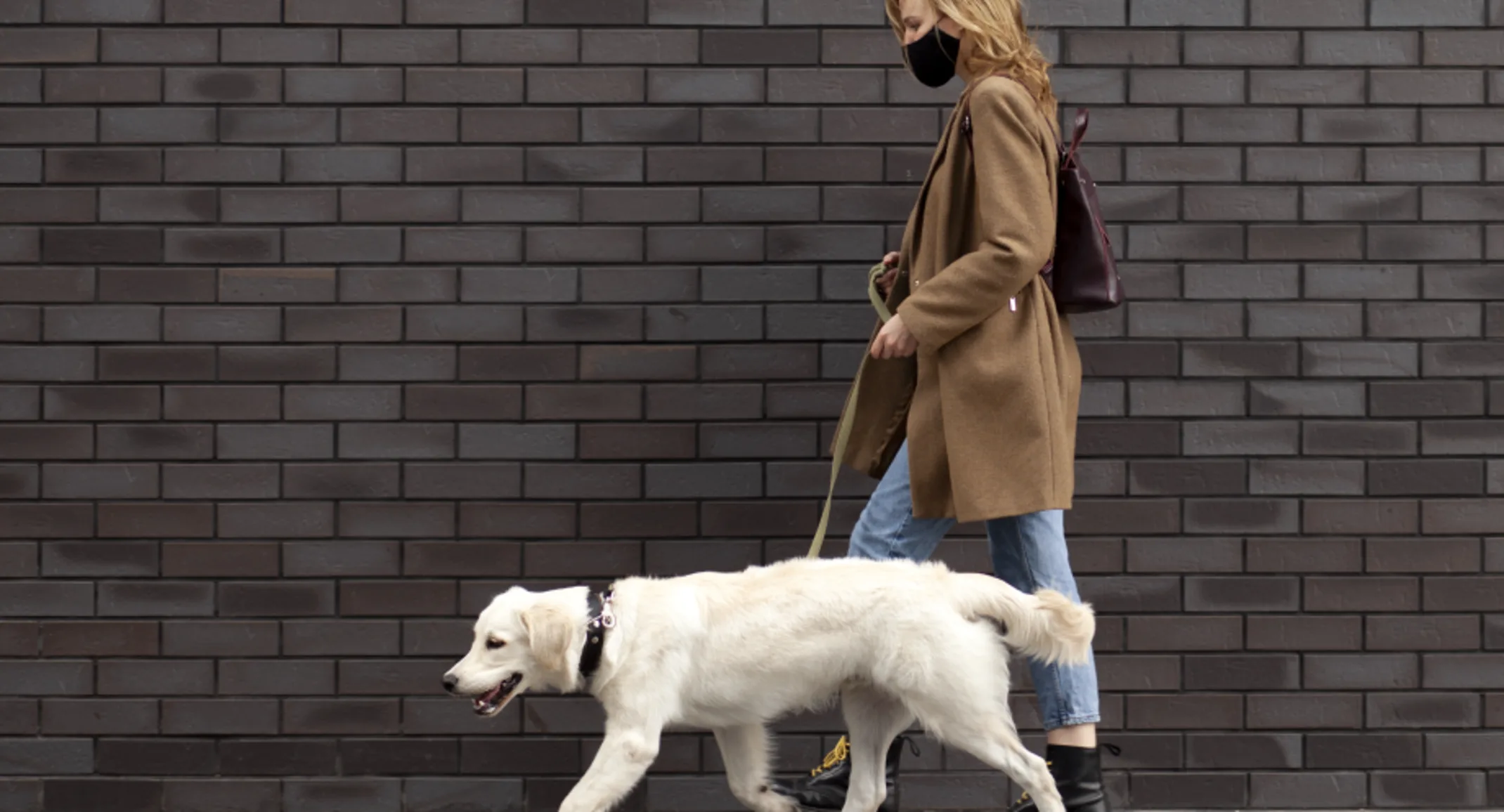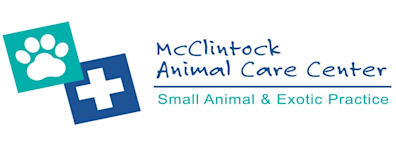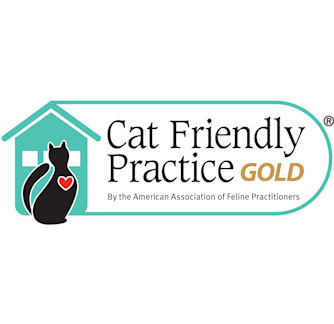In the last year and a half, the veterinary industry has had to acclimate to the changes brought on by a worldwide pandemic and the resulting new and different ways of doing business. In an industry known for high stress among its workforce, these changes piled even more weight on the backs of the already taxed veterinarians, veterinary technicians, and support staff. Adjusting nearly overnight to a shift from in person appointments to curbside visits and telemedicine appointments was not an easy task. It is possible that the pets that we see and their pet parents do not realize how much we really love the face-to-face interaction that we had been so used to, and possibly had been taking for granted before 2020 began. It’s such a joy to see pets from their youngest years and watch them grow up; to help them feel better when they’re sick; to form bonds with pets and owners that we come to love nearly as much as our own pets, and our own family. Our more recent return to masked, in-clinic appointments has been such a refreshing change of pace from the last year and a half without that connection that we relied on so much.
In the “before times,” it was much easier to be able to schedule a same day or next day appointment for your pet, whether it be for wellness reasons, or illness/injury. Now, for the past several months, even with five doctors on staff, we are finding it difficult to be able to fit in all of the patients that we would like to be able to see, and that need to be seen, within a couple of days. This even includes our ability to work patients into the fully booked schedule if at all possible. We are also facing a constant full schedule of wellness appointments, with availability often no sooner than two weeks away. Many people chose to adopt shelter pets at the beginning of the pandemic, when lockdowns were widespread and working from home became the new normal. These pets became our new patients, requiring wellness exams, vaccines, and some less routine needs, right alongside the dogs, cats, and exotic pets that were already established patients.
These scheduling difficulties are not limited to our clinic – every clinic is facing similar issues. Emergency facilities, long thought to be an easily relied upon choice in the event of acute illness or injury, or after regular veterinary offices have closed for the night, are often triaging patients from the parking lot and only taking the most severe cases, with less severe cases facing wait times of up to 10 hours.
For humans, Covid-19 vaccination rates have been slowing since the spring, as indicated by the Maricopa County Department of Public Health, and fewer than 50% of Maricopa County residents are fully vaccinated as of the week ending August 3, 2021. While many of our staff is vaccinated, not all are, so the possibility of staff becoming ill and absent from work for an unknown amount of time is very real. Other clinics in the area are certainly in the same position with their own staff. Such absences would only add to the stress that we, and the industry at large, have felt and continue to feel during this pandemic.
We will continue to try our very best, and do our very best, with our veterinarians practicing the highest quality medicine and our staff providing the best service that we possibly can. We hope that with smart, reasonable, compassionate behavior and consideration for the community practiced by society as a whole, that the veterinary industry will soon return to something more resembling what we all remember as normal.


